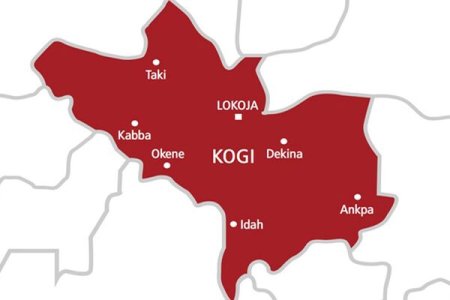
A new report by TestAssessify ranks FUTO as Nigeria’s second most employable university after Covenant University. UNILAG placed fourth, while FUTA, UI, and OAU missed the top 10. The study analyzed over 200,000 job seekers, highlighting age and talent as key hiring factors over academic grades.
A recent report by job assessment platform TestAssessify has sparked discussions online, ranking the Federal University of Technology Owerri (FUTO) as the second-best institution in Nigeria for producing employable graduates. The university trails only Covenant University (CU), which secured the top spot with a 48% employability score, while FUTO followed closely at 43%.
The University of Lagos (UNILAG) ranked fourth with 42%, while other prominent institutions like the Federal University of Technology Akure (FUTA), Lagos State University (LASU), University of Ibadan (UI), and Obafemi Awolowo University (OAU) did not make the list. The University of Ilorin (UNILORIN), University of Benin (UNIBEN), Olabisi Onabanjo University (OOU), and the University of Nigeria Nsukka (UNN) rounded out the top 10.
The ranking, based on the assessment of over 200,000 job seekers, highlighted key employability trends in Nigeria. Despite concerns over the nation’s unemployment rate, the report noted that 40% of job seekers come from federal universities, while 5% are from private institutions and 2% from international schools.
Among the key findings, the study revealed that age plays a bigger role in employment opportunities than academic performance. Job seekers between the ages of 21-24 are more likely to be hired, despite applicants aged 26 and above making up over 35% of the total pool. Academic achievements also influenced hiring, with first-class graduates performing best in job assessments, followed by second-class upper (2:1) and second-class lower (2:2) holders.
Additionally, law graduates ranked highest in overall test performance, followed by engineering and management science students. Employers, however, were found to prioritize talent and skill over degree classification, with engineering graduates excelling in critical and numerical reasoning tests, while arts and humanities students performed better in verbal reasoning.



